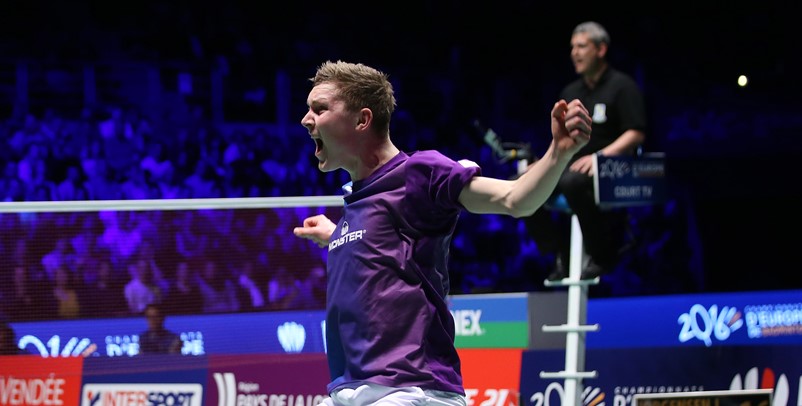
Singles Preview: The Promise of Epic Battles
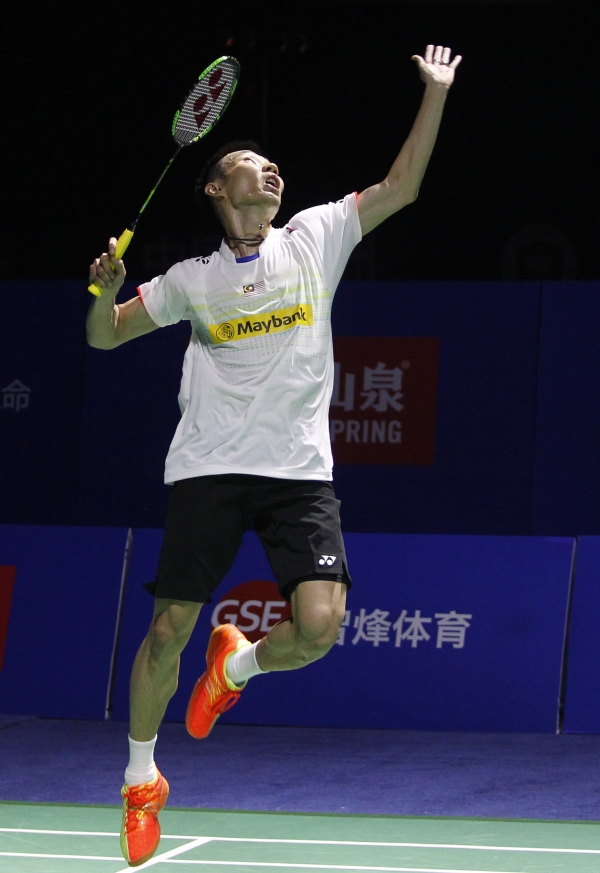 Fascinating clashes of styles and personalities look set to unfold in Rio as the world’s finest singles players battle for the sport’s biggest prize.
Fascinating clashes of styles and personalities look set to unfold in Rio as the world’s finest singles players battle for the sport’s biggest prize.
In both Men’s Singles and Women’s Singles, the draw that was conducted on 26 July ensured a fine, titillating balance. It will be a tightrope walk for the big names, and only those with the nerve, stamina and skill will be left standing on the podium.
The big question in Men’s Singles was on the position of defending champion Lin Dan (China) vis-à-vis Lee Chong Wei (Malaysia), and as it turned out, they are slated to clash in the semi-finals – a departure from the last two Olympics, when they starred in the gold medal bout.
Lin’s style has noticeably changed since the last Olympics – he has become more conservative in attack, and relies more on placement and control; Lee however has shown little sign of shifting tack, and if anything, has become ever more dominant with his pace and attack.
Their path to the semi-finals is anything but a foregone conclusion. Lin will probably have to deal with either Jan O Jorgensen (Denmark) or Kidambi Srikanth in his quarter-final. He will remember a near-humiliating 21-17 21-4 whipping that the Dane handed to him in their last clash in April.
Before he gets to Lin, however, Jorgensen will have to be cautious in his Group G matches against France’s Brice Leverdez and Estonia’s Raul Must. Leverdez does have a win to his credit from five matches against Jorgensen.
Lee, meanwhile, has a potential quarter-final against the attacking Chinese Taipei player Chou Tien Chen or Hong Kong’s crafty Hu Yun. Few will expect Lee to falter, but stranger things have happened at the Olympics.
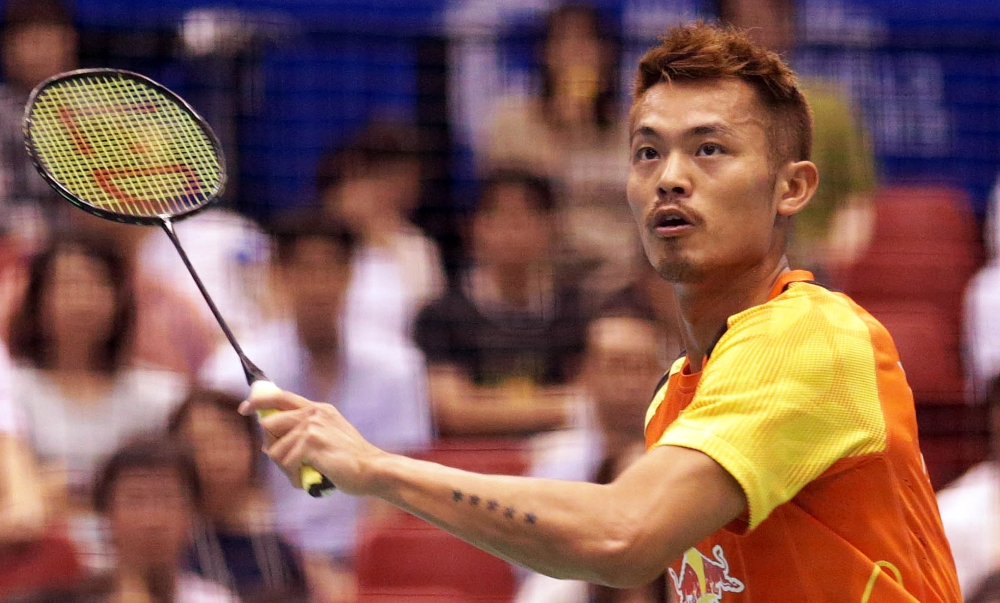
Group surprises might occur frequently over the first four days – with the big stage and consequent attention working well for the underdog. In particular, Germany’s Marc Zwiebler in Group K (group-mates: Brazil’s Ygor Coelho de Oliveira and Ireland’s Scott Evans) and Great Britain’s Rajiv Ouseph in Group I (Japan’s Sho Sasaki and Czech Republic’s Petr Koukal) will have to brace for stiff resistance early on.
This time last year, Chen Long was the favourite to clinch his second World title – which he duly did, riding on irresistible form. At the moment, though, Chen might be bedevilled by a few worries – for a start, he has as group-mate Guatemala’s Kevin Cordon, who ambushed him at the 2011 World Championships.
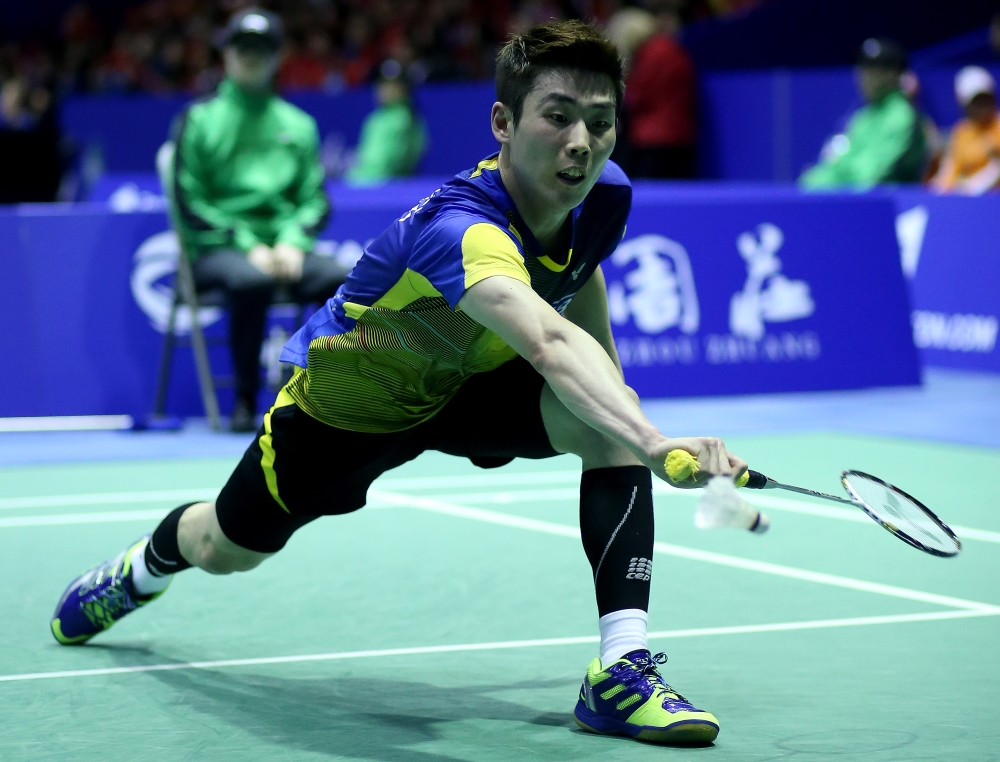
In the knock-out stage will probably be Korea’s Son Wan Ho and Denmark’s Viktor Axelsen (featured image) – both have beaten him in their previous encounters. The two-time World champion has been lined up for a few ordeals, and if he emerges unscathed, it will mean he has fought off the disappointment of his Thomas Cup loss which led to China’s eviction in the quarter-finals of the World Men’s Team Championships.
Axelsen’s form over the past few months, and his stellar role in leading Denmark to its first-ever Thomas Cup title, make him a leading contender for the gold medal. Having faltered at the final step of six World Superseries tournaments, this could well be the occasion for him to savour the big moment.
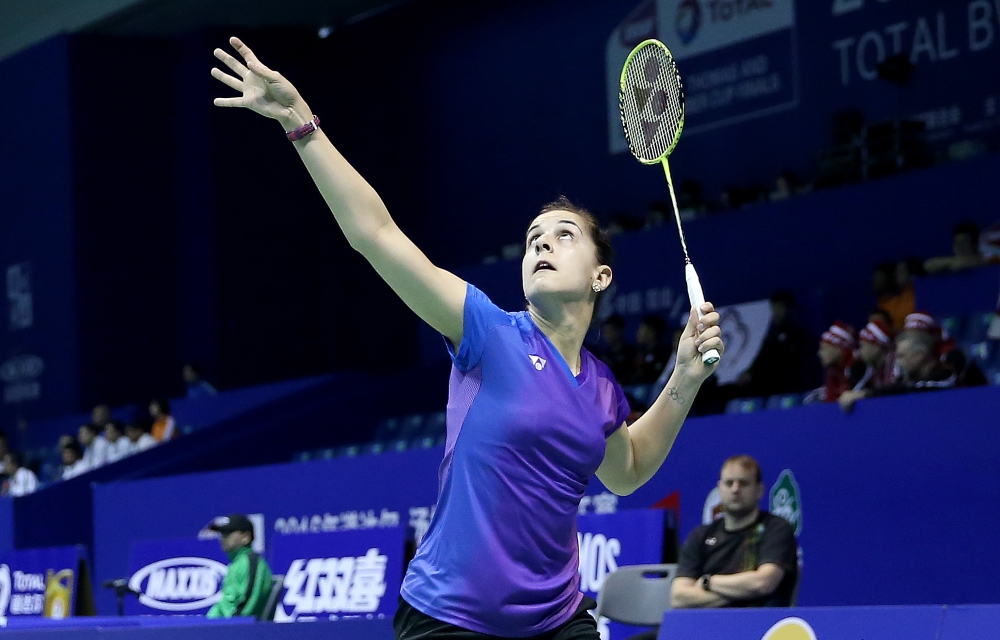
The clash of styles among accomplished players is even more vivid in Women’s Singles, making Rio a likely candidate for the hardest-fought Olympic title in that category.
No less than eight genuine contenders line up for a shot at glory: two-time World champion Carolina Marin (Spain), Korea’s Sung Ji Hyun, defending champion Li Xuerui and bronze medallist Saina Nehwal (India) in the top half; the bottom half has Japan’s Nozomi Okuhara, Thailand’s Ratchanok Intanon, Chinese Taipei’s Tai Tzu Ying and China’s Wang Yihan. Then there are the names who can beat any player on their day: Canada’s Michelle Li, her group-mate PV Sindhu (India), Thailand’s Porntip Buranaprasertsuk and Japan’s Akane Yamaguchi.
In this rich mix of characters, individual styles stand out: The speed and power of Marin and Li Xuerui, the relentlessness of Nehwal and Okuhara, the grace of Sung Ji Hyun, the strokeful inventions of Tai Tzu Ying, and the craft of Intanon and Wang Yihan.
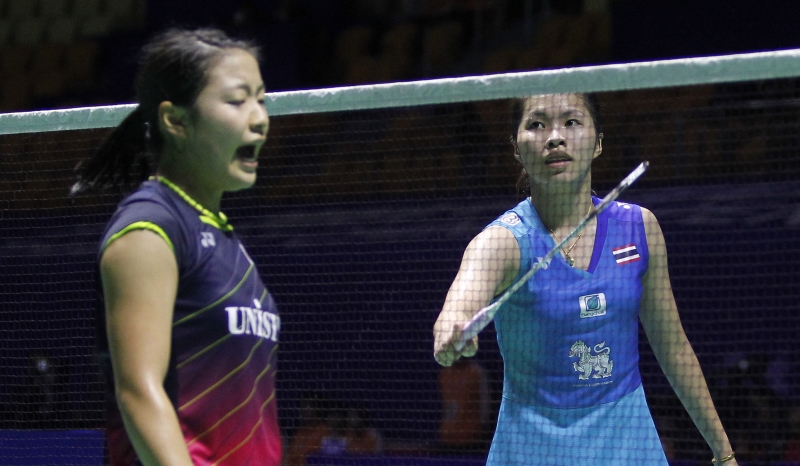
Okuhara and Sindhu possibly have the hardest groups, as they will have to contend with Indonesia’s Lindaweni Fanetri and Michelle Li respectively. Marin will have to deal with Denmark’s Line Kjaersfeldt and Sung with France’s Delphine Lansac and Singapore’s Liang Xiaoyu.
If this season’s form is any indicator, Intanon has the most momentum going into the Olympics – she was in sublime form over three successive weeks in India, Malaysia and Singapore – when she achieved an unprecedented three successive World Superseries title wins. Tai Tzu Ying then followed in her footsteps, weaving a magical spell in Indonesia, before Nehwal rediscovered her winning form in Australia. Wang Yihan bounced back into form with a title win at the Badminton Asia Championships – the only Chinese to win a major Women’s Singles title this season.
Assuming no upsets, the quarter-final line-up could feature Marin against Sung, Li Xuerui against Nehwal; Okuhara against Intanon and Tai Tzu Ying against Wang Yihan.
*****
The order of play for the Badminton Competition at the Rio 2016 Olympic Games can be viewed here
Olympic and Paralympic News

Zhang & Wang: Stars With Different Legacies 4 June 2023
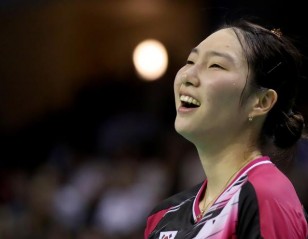
Sung Energised by Recent Successes 1 March 2017
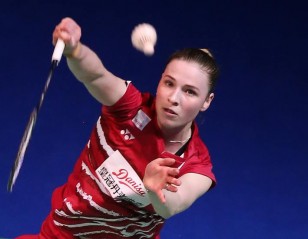
Line Kjaersfeldt Targets GPG Success 20 February 2017
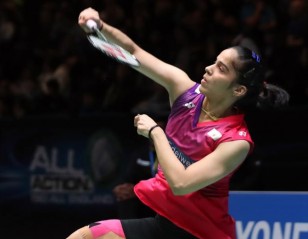
Saina Nehwal: ‘I Feel Lighter On Court’ 20 January 2017

Zwiebler Hungry Despite Setbacks 18 January 2017
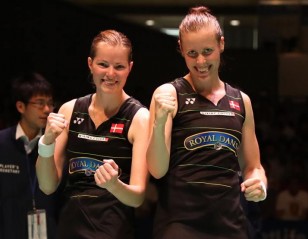
Danish Duo Relish Rio Memories 17 January 2017
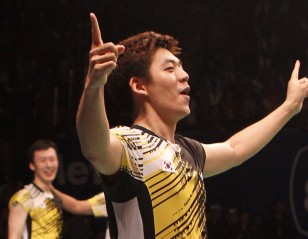
Men’s Doubles – 2016 in Review 27 December 2016
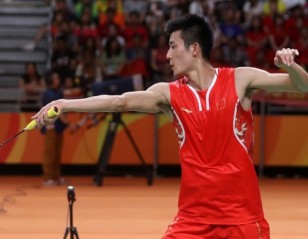
Badminton Leads China Ratings 1 September 2016
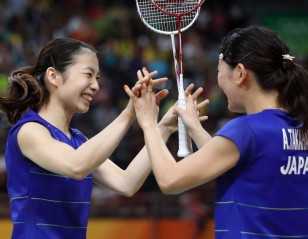
Badminton on Olympic Channel 30 August 2016
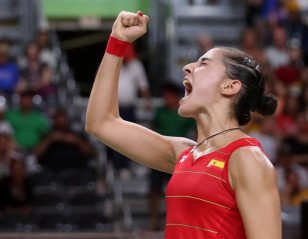
European Resurgence in Rio 26 August 2016
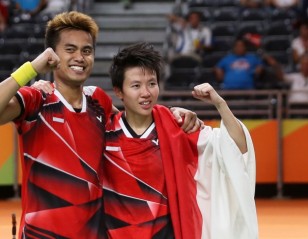
Bouncing Back in Style 25 August 2016
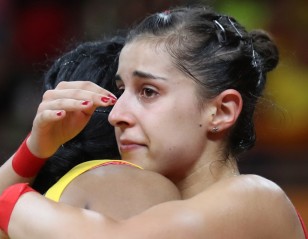
A Revolution in Rio 21 August 2016
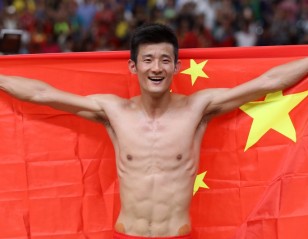
Lee’s ‘Long’ Suffering Continues – Men’s Singles Final: Rio 2016 20 August 2016
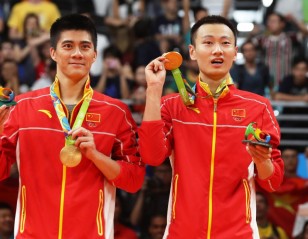
Serves – Malaysia, Wrong! – Men’s Doubles Final: Rio 2016 19 August 2016
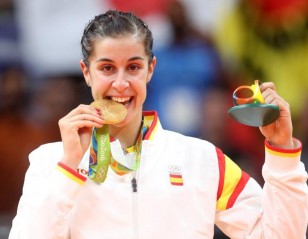
Latina Carolina Reigns! – Women’s Singles Final: Rio 2016 19 August 2016
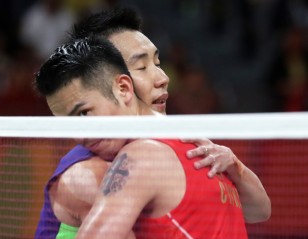
Lin Dan Dethroned – Men’s Singles Semi-finals: Rio 2016 19 August 2016
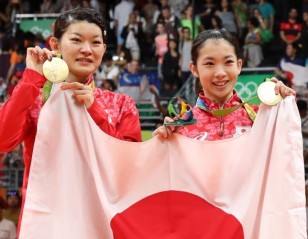
Golden First for Japan – Day 8 – Women’s Doubles Final: Rio... 18 August 2016
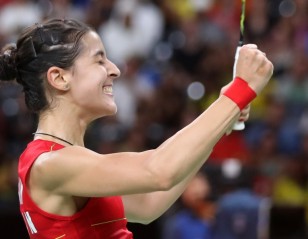
Marin-Sindhu Battle for History – Women’s Singles Semi-finals: Rio 2016 18 August 2016
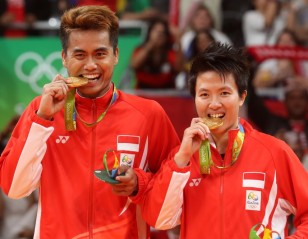
Golden Day for Indonesia – Mixed Doubles Final: Rio 2016 17 August 2016
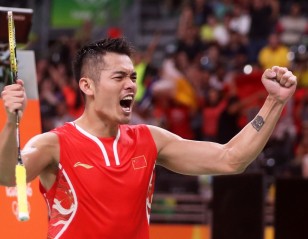
Lin Survives; Lee Cruises – Day 7 – Men’s Singles Quarter-Finals: Rio... 17 August 2016
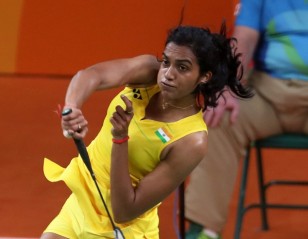
Sindhu Sizzles into Semis – Day 6 Session 2: Rio 2016 17 August 2016
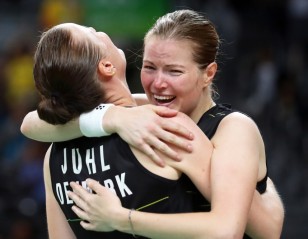
History-Making Danes Thwart China – Day 6 Session 1: Rio 2016 16 August 2016
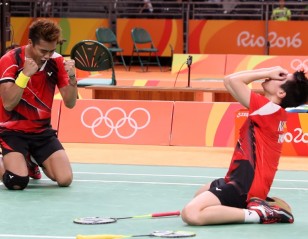
China’s Doubles Giants Humbled – Day 5 Session 2: Rio 2016 15 August 2016
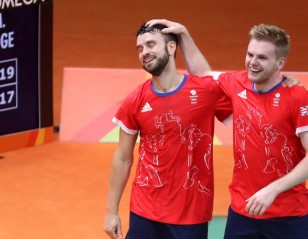
Fu/Zhang Ride Out Storm – Day 5 Session 1: Rio 2016 15 August 2016
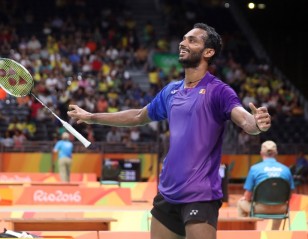
Jorgensen Chugs On – Day 4 Session 2: Rio 2016 15 August 2016

Quarter-Finals Drawing Attention – Rio 2016 15 August 2016
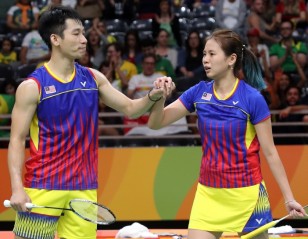
Chan/Goh in Semi-finals – Day 4 Session 3: Rio 2016 14 August 2016
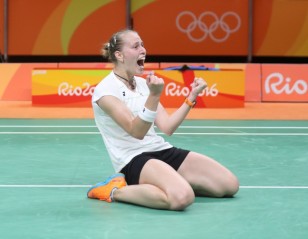
Nehwal Falls to Ulitina – Day 4 Session 1: Rio 2016 14 August 2016
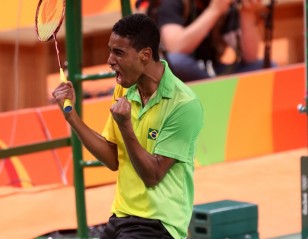
Brazil Badminton Grabs Spotlight 14 August 2016
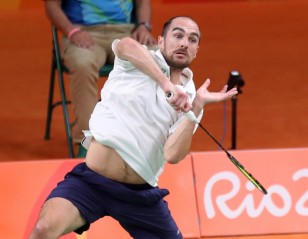
Evans Shakes Off Oliveira – Day 3 Session 3: Rio 2016 13 August 2016
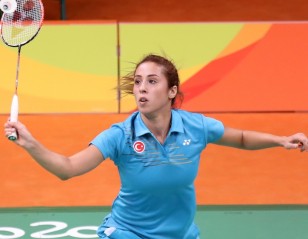
Ellis/Langridge Through – Day 3 Session 2: Rio 2016 13 August 2016
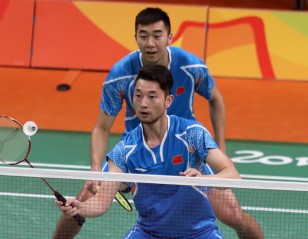
World Champs Out – Day 3 Session 1: Rio 2016 13 August 2016
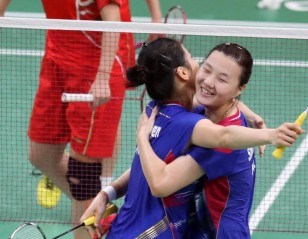
Koreans Double Their Account – Day 2 Session 3: Rio 2016 12 August 2016

Ivanov/Sozonov in Quarters – Day 2 Session 2: Rio 2016 12 August 2016
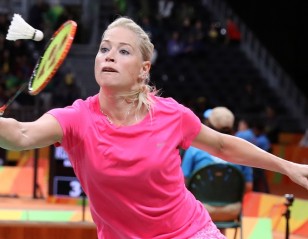
Mixed Doubles Drama in Group B – Day 2 Session 1: Rio... 12 August 2016
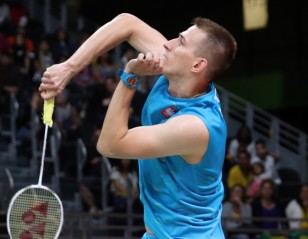
Cordon Falls to Dziolko – Day 1 Session 3: Rio 2016 12 August 2016
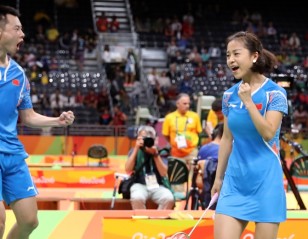
Xu/Ma Stage Escape – Day 1 Session 2: Rio 2016 12 August 2016
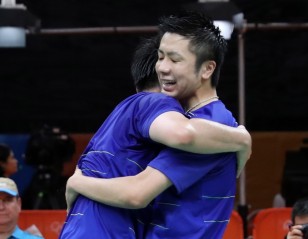
Endo/Hayakawa Clinch Thriller: Day 1 Session 1 – Rio 2016 12 August 2016
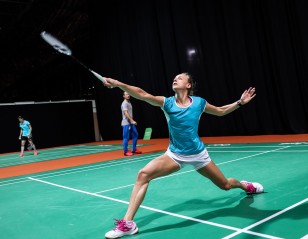
Double Duty in Rio! 11 August 2016
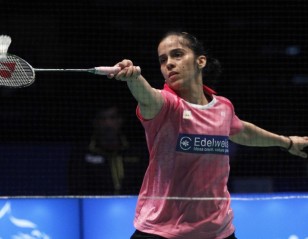
Top Guns Ready to Fire 11 August 2016
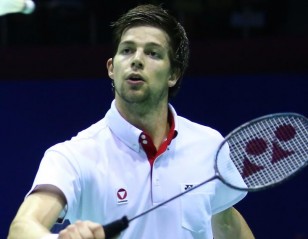
Under No Illusions 10 August 2016

Danes Hope to Capitalise on Strong Season 10 August 2016

A New Carolina, Says Rivas 9 August 2016
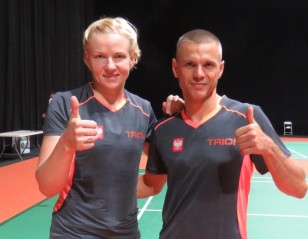
Fifth Olympic Salvo for Mateusiak 8 August 2016
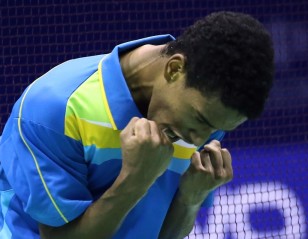
Savouring the Olympic Flavour 6 August 2016
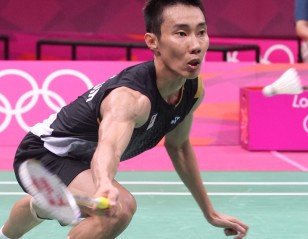
A First for Flag-Bearer Lee 4 August 2016
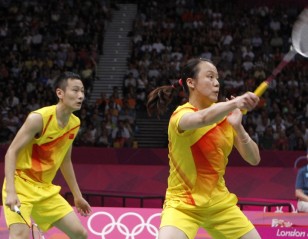
Zhang/Zhao the Opening Act 3 August 2016
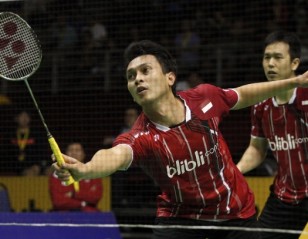
Doubles Preview: Group Surprises Lurk for the Unwary 1 August 2016
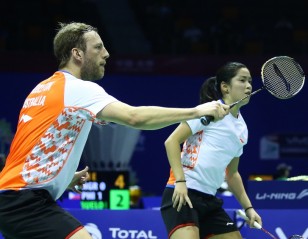
Rio Countdown: Aussies Living a Dream 29 July 2016
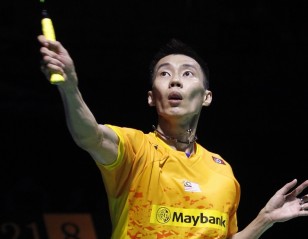
‘One Match at a Time’ 28 July 2016
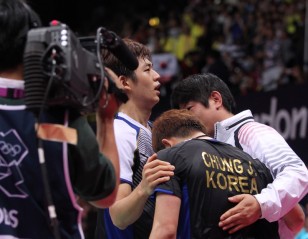
Olympic Channel Launch on August 21 28 July 2016

Rio Countdown: Ygor Oliveira’s Samba Secret 28 July 2016
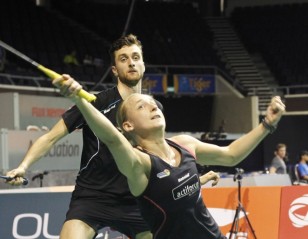
Rio Countdown: Dutch Duo Seek to Re-create Magic 27 July 2016
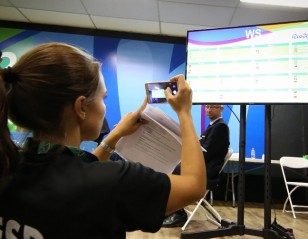
Contenders Brace for Hard Battles 27 July 2016
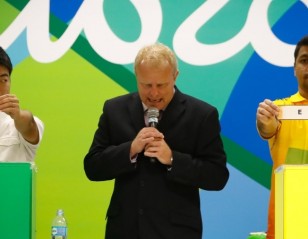
Possible Lee-Lin ‘Semis’ Showdown 27 July 2016
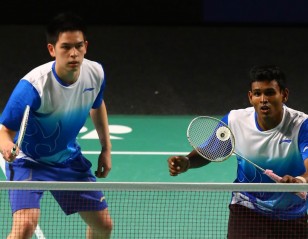
Rio Countdown: Australian Duo Look to Make Impact 26 July 2016
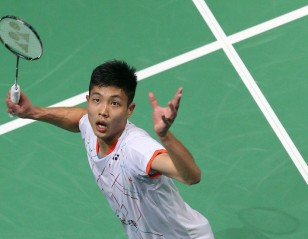
Rio Countdown: Chou Riding High on Confidence 25 July 2016

Mechanics of the Olympic Draw 22 July 2016
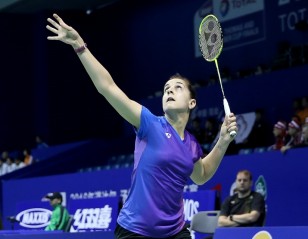
Lee, Marin Lead Seedings 21 July 2016
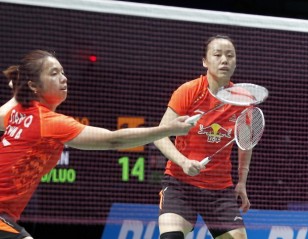
No Rio Repeat for Olympic Champs 19 July 2016

BWF Launches Olympic Website 11 July 2016
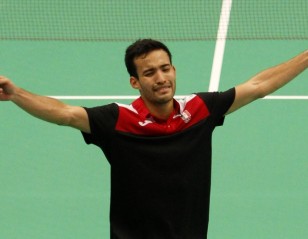
Mexico Completes Olympic List 5 July 2016

Australia Make Rio Picks 10 June 2016
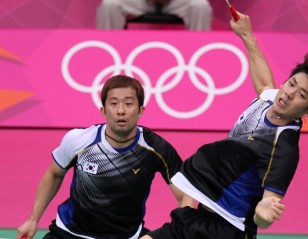
Badminton to Feature in Olympic Channel Programming 7 June 2016
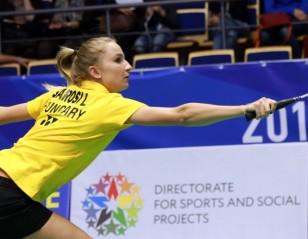
Trio Get Rio 2016 Tripartite Places 25 May 2016
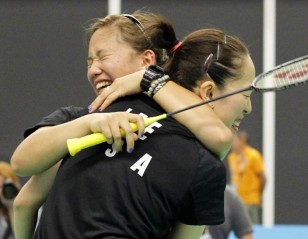
Provisional List of Olympic Qualifiers Published 5 May 2016
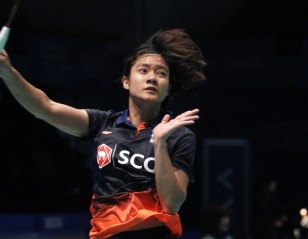
Continental Championships: The Home Stretch to Rio Begins 24 April 2016
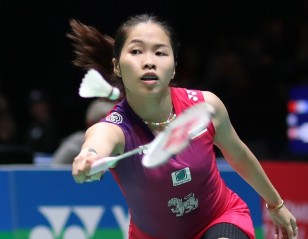
Calmer, Tougher Intanon Believes She Can Get Better 19 April 2016
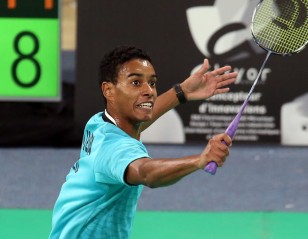
Ygor Oliveira’s Samba Secret 8 April 2016
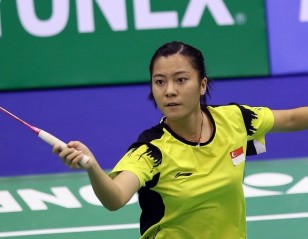
Liang Xiaoyu Sniffs Olympics Chance 15 March 2016
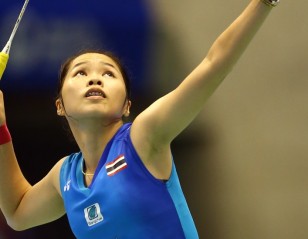
Intanon Ready for Battles Ahead 2 March 2016
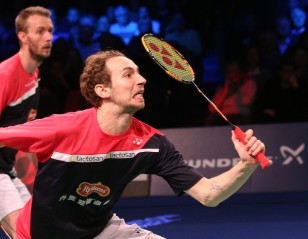
Race to Rio: Close Call for Doubles Contenders 18 January 2016
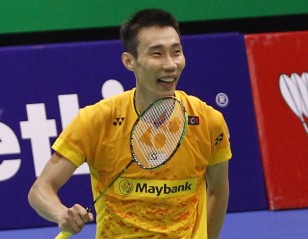
Race to Rio: Chen Leads, Lee Close Behind 14 January 2016

Special Olympics Embrace BWF Shuttle Time 26 October 2015

Høyer: Innovation and Integrity Key Ingredients 16 May 2015
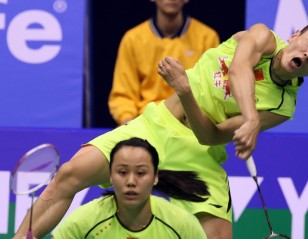
Rio 2016: The Race Begins 4 May 2015



















